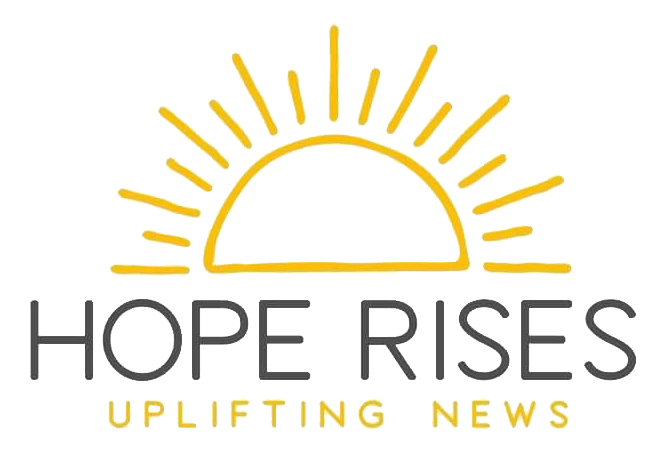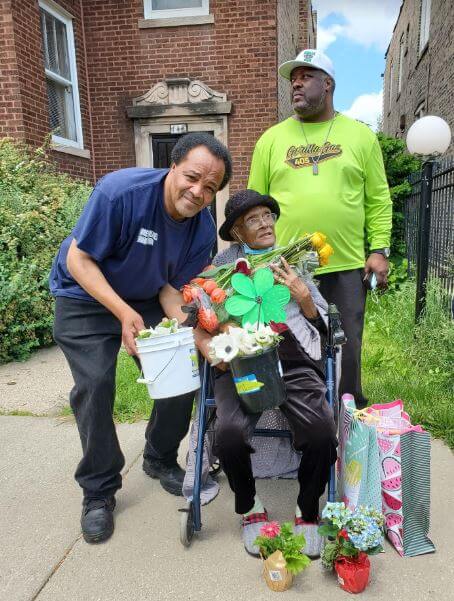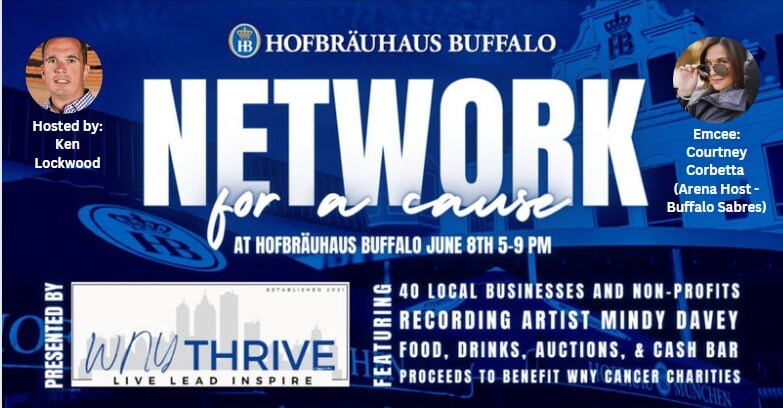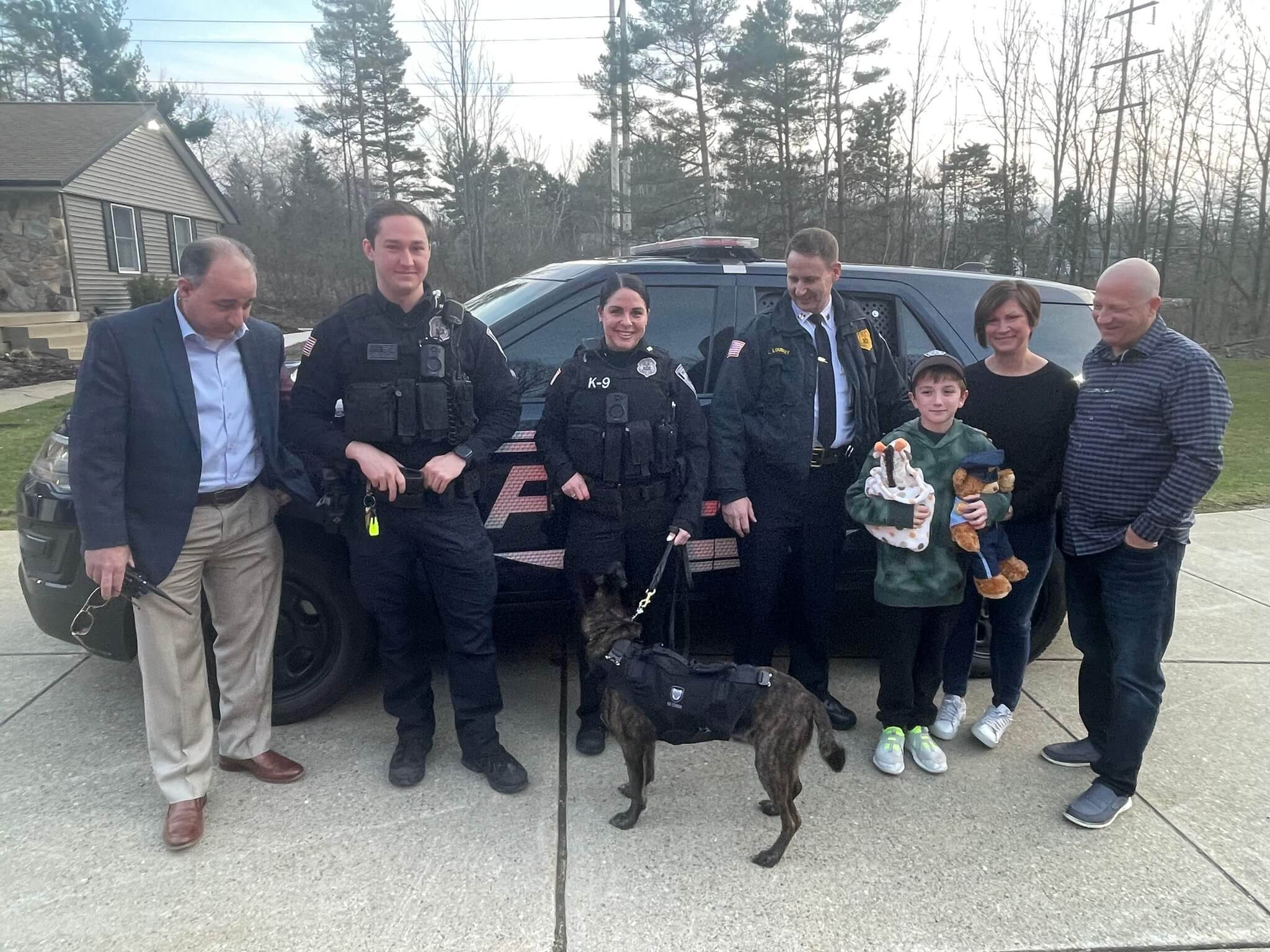We first heard about Vivian Rose via her social media page Vivian Rose Weaver Defeat DIPG Foundation.
Her innocent smile and golden, wavy locks stopped us dead in our tracks. We read cancer warrior next to her “About” section.

How could a child so perfect, so wonderful, and so teeny tiny have a less than a 1% chance of survival?
Doctors gave her mother and father the devastating news on February 1, 2018 – she had been diagnosed with brain cancer. They have been living with this for just months. Yet, they have been fighting every second…every hour…every day for their sweet girl.
They are also fighting for other children diagnosed with DIPG – an inoperable brain tumor. Average life expectancy of DIPG is 6 months to a year.
Hear more from mother, Kate Weaver. Her courage and her strength are heroic.
Our daughter, Vivian Rose Weaver, is a smart, articulate, funny, sweet, thoughtful, imaginative, precocious, 3.5 year old.
She is full of love for life and people. She loves princesses and superheroes. She loves art, she loves her friends, she loves her large extended family and she really loves ballet. She is excited for her first recital in June.
On the evening of Monday, January 29, 2018 Vivian was riding her electric four-wheeler and complained of a headache. Her Dad, an ER Physician, sat Vivian on the lawn and briefly examined her. She had previously been diagnosed with strabismus, the most common eye deviation problem in children, and we hadn’t been too worried about it. But, when her father noticed a subtle facial nerve palsy, he was immediately concerned.
An MRI performed two days later confirmed our worst fear.

Vivian was diagnosed with a large brain stem tumor. She was immediately transferred to Oregon Health and Sciences University where a shunt was placed. This drain allowed pressure in the brain to normalize and the facial weakness and eye deviation gradually improved.
That day we heard the term “DIPG” for the first time. As we discussed Vivian’s case with the pediatric neuro-oncologist, the significance of the diagnosis became clear: No surgical options. No known effective chemotherapy options. A uniformly fatal disease. Our baby was given less than a year to live.
It’s difficult to describe the crushing nature of this news.
Vivian bravely completed six weeks of daily radiation therapy. Concurrently, she participated in a trial of a chemotherapy drug, AZD 1775. This was a challenging six weeks for Vivian and our family.
We moved into a friend’s condo in Portland, returning home each weekend. Each day, we were at the hospital, and given Vivian’s young age and presumed inability to remain motionless for the duration of each radiation treatment, she was sedated. Each day, Vivian insisted on walking into the radiation suite and climbing onto the radiation table herself. She would hold out her arm so they could access her PICC line, and she would insist on holding something scented near her nose, so she wouldn’t taste the medicine as it was infused.
She never cried. She never complained or struggled, but she didn’t like it at all.
Each day, as the medicine was infused and as we snuggled close to one another, she would fall asleep in our arms. We would lay her limp body onto the table and watch them carefully position her. We would step out of the room and wait for them to call us back. Then we would sit with her as she gradually awoke.

Vivian couldn’t eat for six hours before the sedation. Immediately after awakening from sedation, she would take her chemo pills, then wait two more hours to eat. This was probably the most difficult and challenging aspect of these six weeks. Vivian would miss breakfast every day. She was typically cleared to eat by noon, but her appetite was gone and she would often fall asleep by then. She would often go 16-hours at a time without food. She lost 12% of her body weight, blood counts went down, and she received one blood transfusion during the 4th week of treatment.
Despite all of this, and the many appointments and long days in the hospital, Vivian rarely complained.
Today, she is almost symptom free. We believe we picked up on her symptoms earlier than normal, allowing for an earlier diagnosis and initiation of treatment earlier in the disease process. We are thankful that she is doing so well.
We will soon go to Walt Disney World through Make-A-Wish. Each time I realize we have a “wish kid” it brings tears to my eyes and puts a knot in my stomach Vivian is running around, dancing, laughing and behaving like any normal 3 year old, and we struggle to rationalize what we see and what we know.
Our faith, gives us HOPE. We have already seen dozens of lives changed since Vivian’s diagnosis. It has brought people closer to God. We pray that continues, and know that He has a greater plan than we do.


Visit Vivian’s page by clicking here to see how you can support the critical need for brain tumor research and pediatric cancer funding.
Funding for pediatric cancer makes up just 4% of all cancer funding. That is not acceptable.
The Vivian Rose Foundation received a $1-million match and it is their goal to raise $2-million to make a significant impact. Can you help them?
HOPE RISES.





